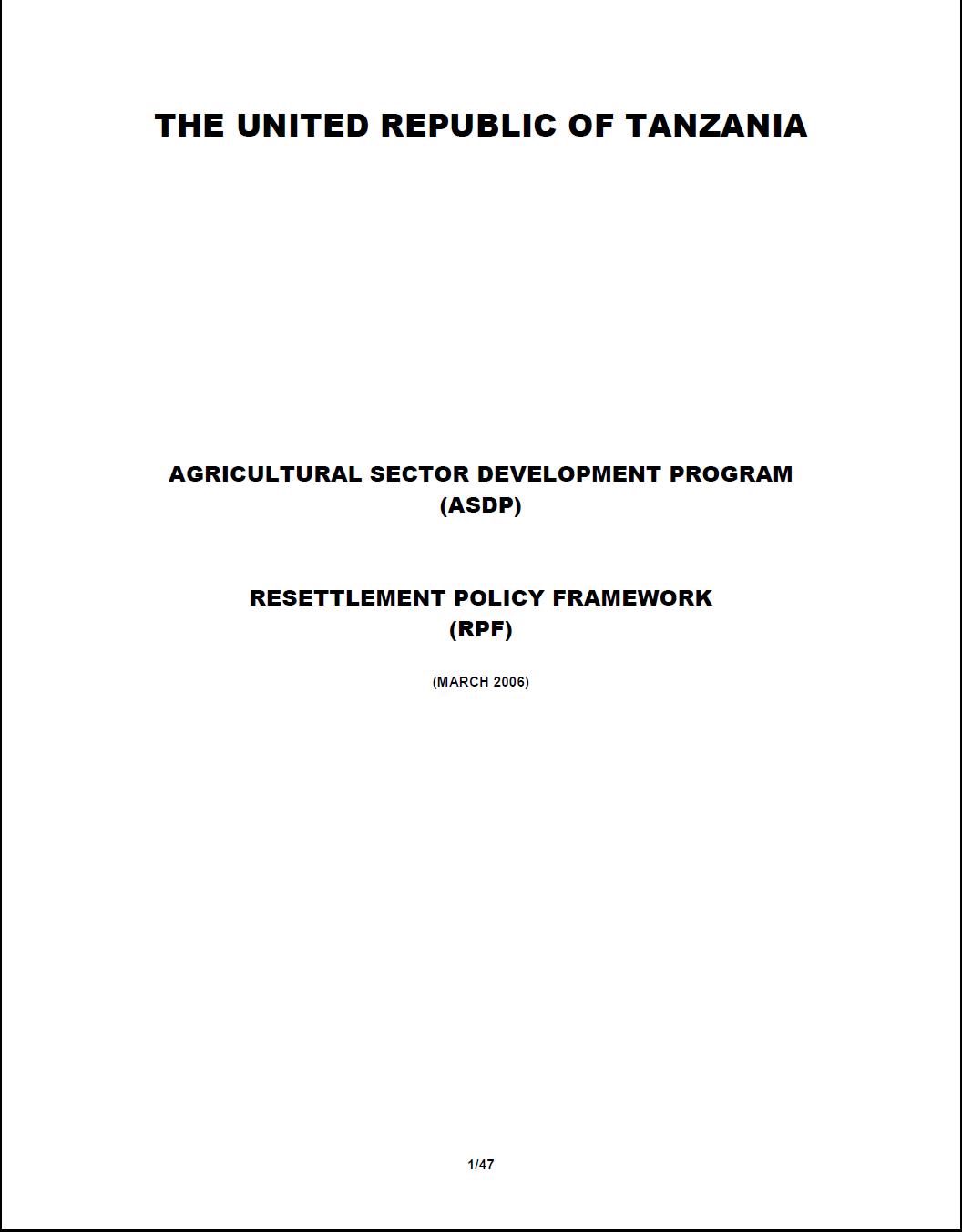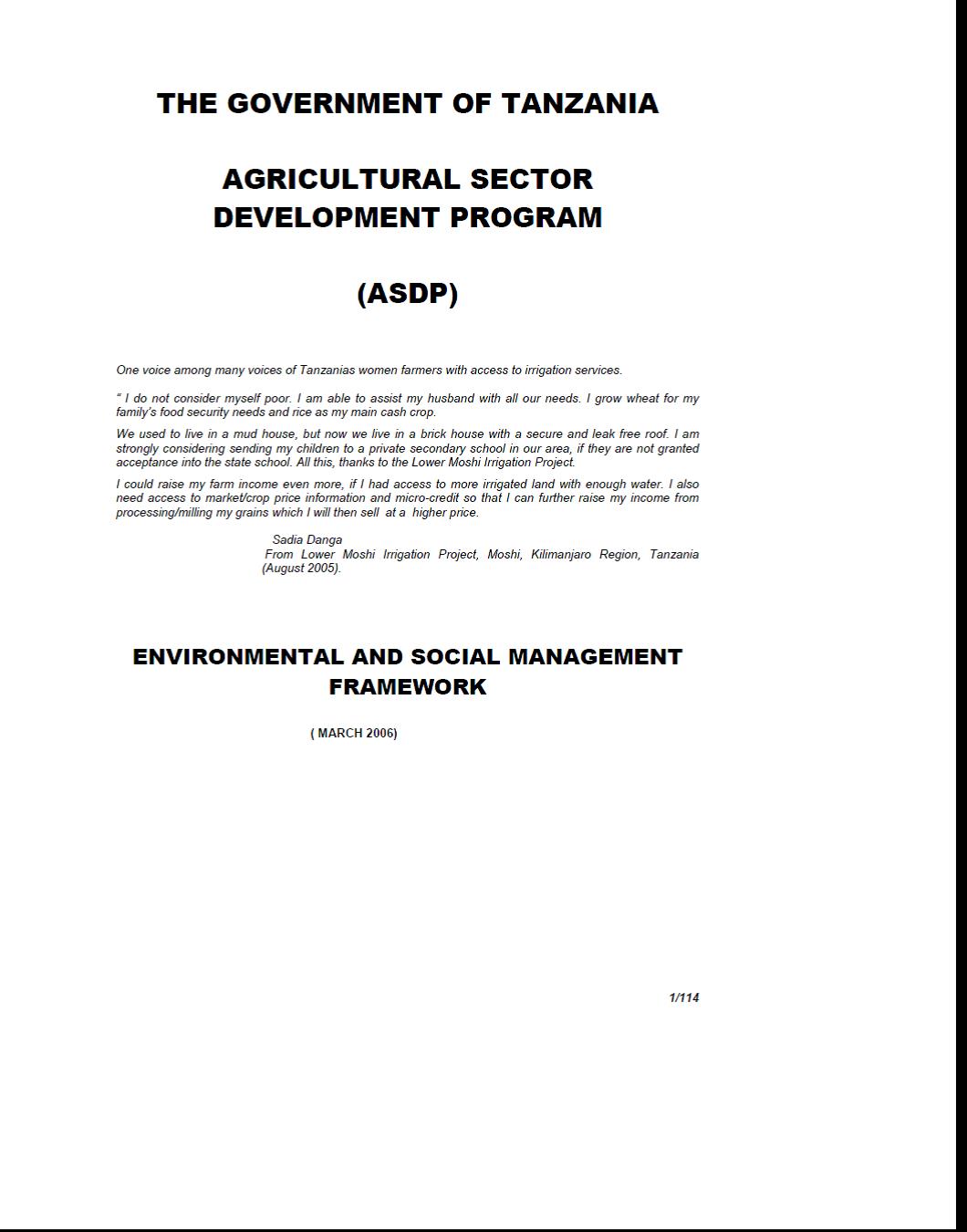Mozambique’s legal framework for access to natural resources
This paper represents part of an area of work which analyses access to natural resources in Mozambique. An initial paper examined the extent to which Mozambique’s recent regulatory changes to natural resource access and management have had their intended effects (LSP Working Paper 17: Norfolk, S. (2004). “Examining access to natural resources and linkages to sustainable livelihoods: a case study of Mozambique”). This paper is complemented by LSP Working Paper 27: Tanner et al. (2006). “Making rights a reality: Participation in practice and lessons learned in Mozambique”.





